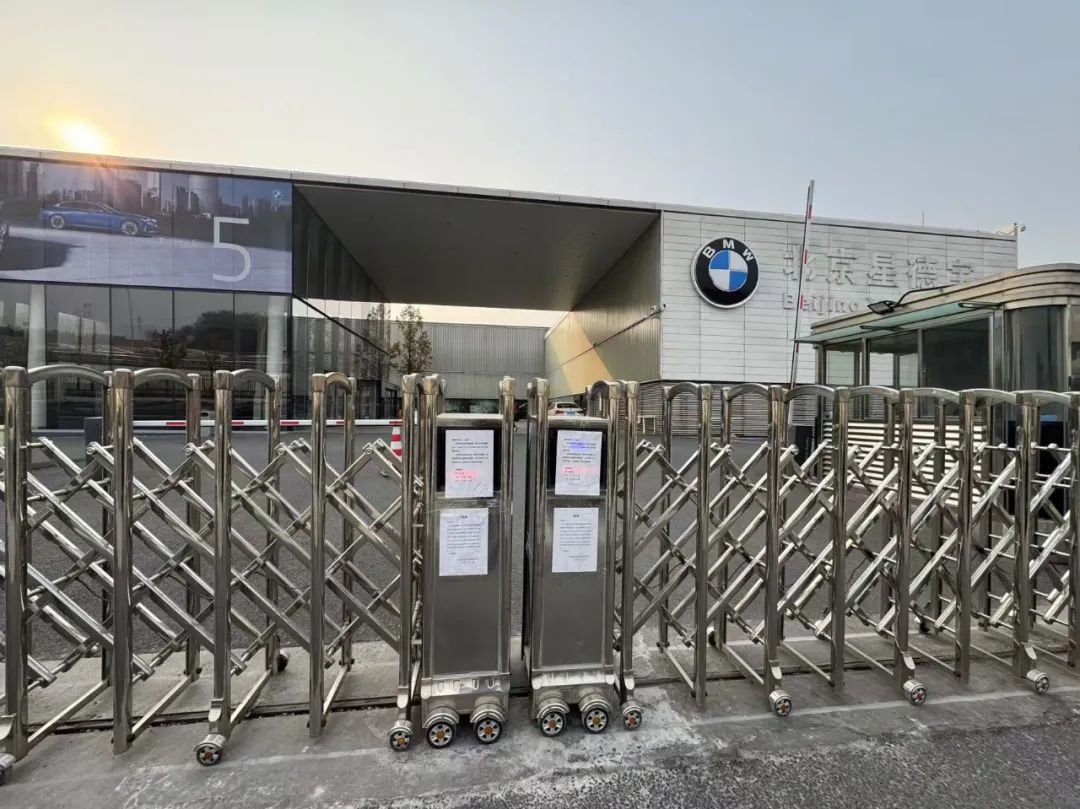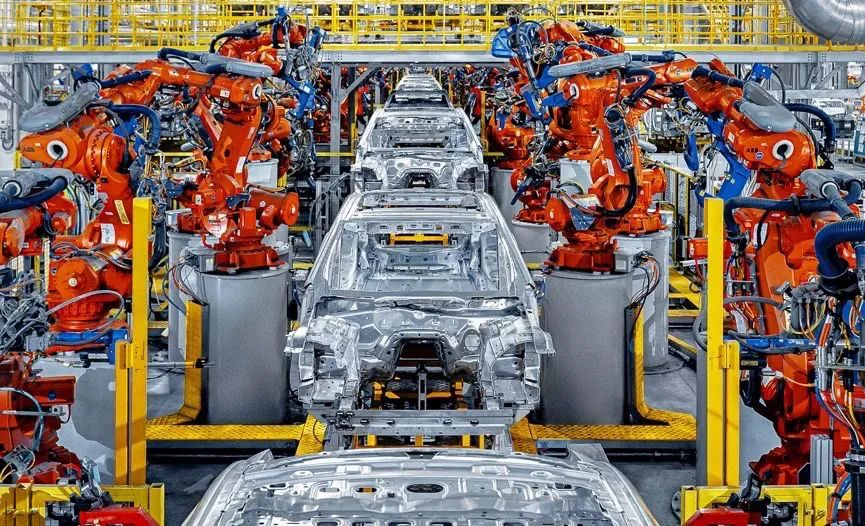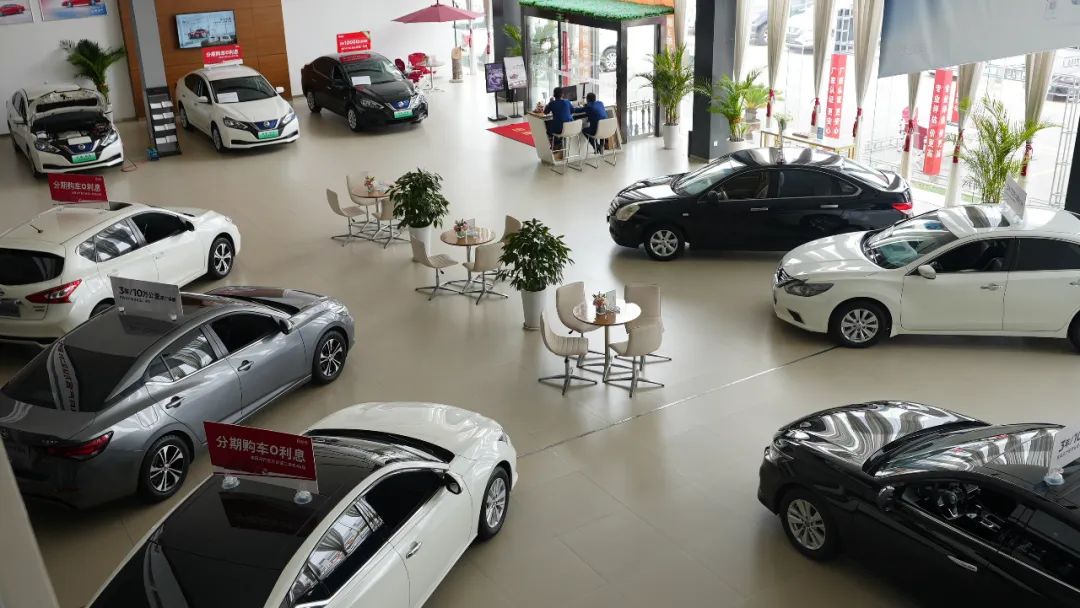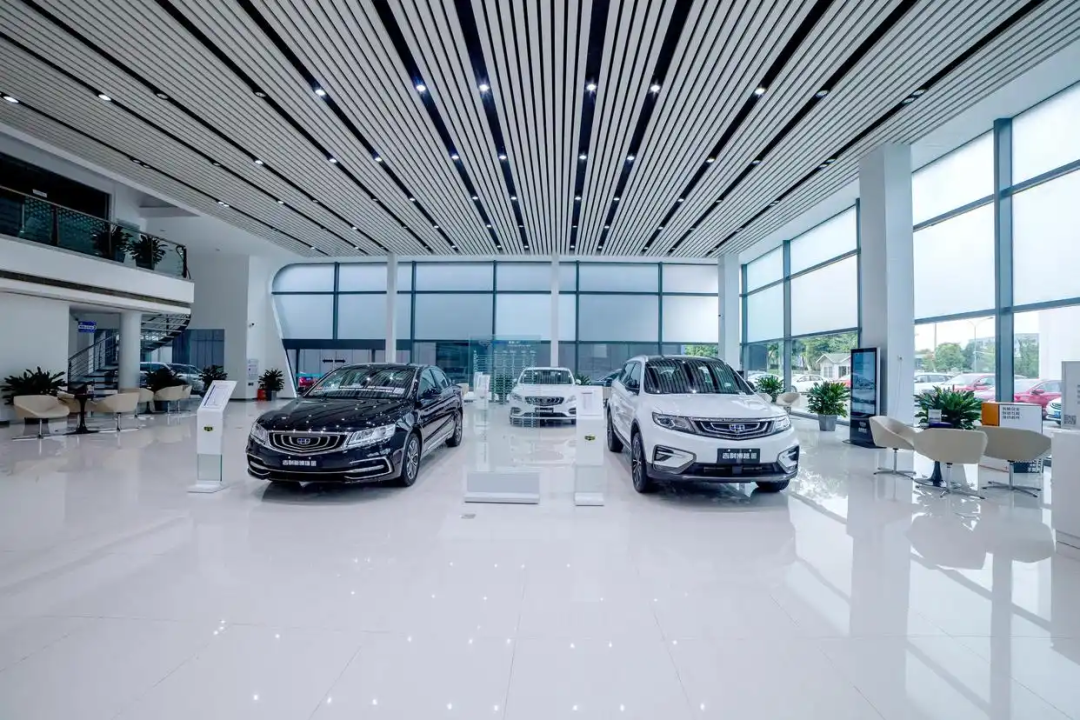Ensuring Car Dealers' Survival: The Core Imperative
![]() 06/18 2025
06/18 2025
![]() 476
476
Amid the ongoing rectification of the spiraling malicious competition in the automotive sector, over a dozen domestic automakers have pledged to shorten payment terms to suppliers to within 60 days, as of last week.
On June 14, GAC Group actively echoed the China Automobile Dealers Association's initiative to foster the healthy development of the automotive industry. Alongside its five major vehicle brands—GAC AION, GAC Trumpchi, GAC Honda, and GAC Toyota—the group solemnly committed to ensuring that dealer rebates are fulfilled within two months. This commitment aims to establish a cooperative ecosystem of mutual trust and win-win outcomes with dealers, leveraging integrity and action, along with high-quality service and experience, to propel the automotive industry towards high-quality development.
The escalating price war and vicious competition in the auto market have inflicted severe damage on automobile suppliers, OEMs, and dealers alike. Among them, the plight of automobile dealers stands out as particularly dire.

In 2024, over 30,000 4S stores nationwide reported a loss ratio of 41.7%, with less than 40% turning a profit and the rest breaking even. This year, the proportion of losing 4S stores has continued to climb. A dealership group head in Hunan predicts that by year-end, 80% of 4S stores nationwide will be incurring losses. Last year, 4,419 4S stores exited the market, and this trend persists in 2025, with more dealerships struggling to survive and ultimately closing down.
Automobile suppliers, OEMs, and dealers form the three pillars of the automotive industry chain. Suppliers provide parts, OEMs manufacture vehicles, and dealers handle sales and after-sales service—each link is indispensable.
In an ideal scenario, OEMs and dealers should be mutually dependent and collaborative partners. However, in reality, OEMs, leveraging their strong position in the industry chain, often engage in unreasonable practices that exploit dealers. These practices not only jeopardize dealers' survival and development but also undermine the healthy growth of the entire automotive industry.

OEMs' exploitation of dealers primarily manifests in five areas:
First, they force inventory on dealers, transforming industrial inventory into commercial inventory. Some OEMs, blindly pursuing sales growth, frequently compel dealers to accept large volumes of inventory, placing immense pressure on dealers' finances and increasing warehousing, management costs, and vehicle depreciation risks.
Second, they implement unreasonable rebate policies. While ostensibly intended as incentives for dealers, the conditions for obtaining these rebates are stringent, and the fulfillment cycle is protracted. During this period, dealers bear the financial burden and business risks.
Third, OEMs strictly control dealers' pricing, prohibiting flexible pricing strategies. This hinders dealers from attracting consumers through discounts and promotions, leading to sluggish sales. Conversely, OEMs frequently launch promotional activities that draw customers away from dealers.

Fourth, price inversion occurs. Due to OEM price controls and market changes, the purchase price often surpasses the sales price, causing dealers to incur losses on each vehicle sold. To maintain relationships with OEMs, access subsequent resources, and meet sales targets, dealers are forced to continue purchasing and selling, trapped in a vicious cycle.
Fifth, OEMs shift substantial marketing expenses onto dealers. Additionally, there are exploitative practices in the allocation of marketing resources and parts supply.
The vigorous expansion of automobile 4S stores is closely tied to the rapid growth of the automotive industry. Over the past few decades, the Chinese automobile market has evolved from infancy to rapid development, with vehicle ownership continually rising. To capture market share, major automotive brands have expanded their sales channels by establishing 4S stores, offering standardized sales and service experiences. These stores not only showcase each brand's latest models but also provide consumers with a range of supporting services, including professional car-buying advice and after-sales service.
In recent years, intensifying competition and market changes have posed numerous challenges to automobile 4S stores. The surge in new energy vehicle sales has impacted traditional gasoline vehicle 4S stores. Meanwhile, online sales platforms and automotive e-commerce have diverted some car buyers. Nevertheless, automobile 4S stores continue to dominate the automobile sales landscape.

Relevant statistics reveal that currently, the proportion of domestic consumers directly purchasing cars from 4S stores remains as high as 60% to 70%. Even for cars sold in auto malls, 4S stores provide car pickup and after-sales services. Notably, Tesla, which has traditionally adopted online direct sales, is recruiting dealers in China. This underscores that 4S stores are not obsolete and remain the most advantageous sales model for consumers at present.
Automobile suppliers, OEMs, and dealers are interconnected, and the well-being of one directly affects the others. Widespread dealer struggles inevitably impact automobile sales, leading to difficulties for OEMs. The sharp decline in sales of a certain Japanese brand over the past two years is partly attributed to the closure of numerous 4S stores.
Despite significant pressure on its own operations, GAC Group has resolutely committed to ensuring that dealer rebates are fulfilled within two months, fostering a cooperative ecosystem of mutual trust and win-win outcomes. This approach merits emulation by other domestic OEMs. Only by ensuring the viability and profitability of suppliers, OEMs, and dealers can the sustainable and healthy development of China's automotive industry be guaranteed. (End)







